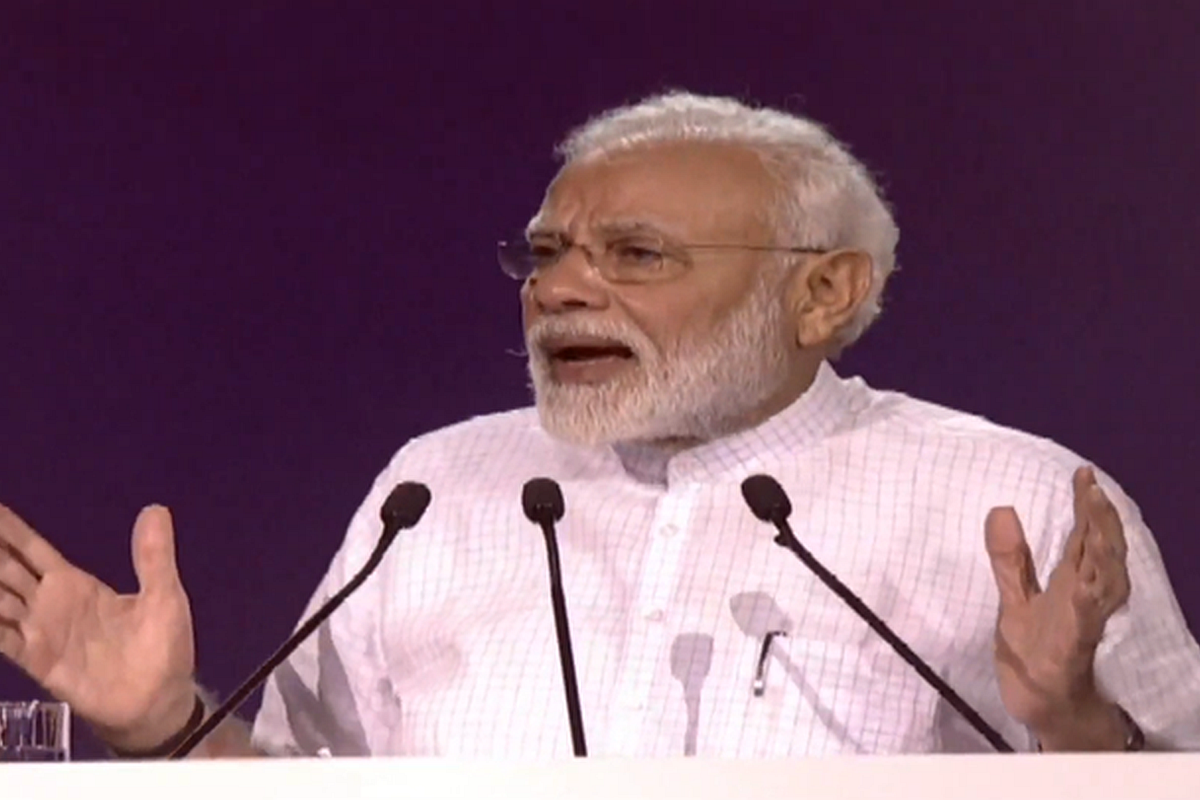How to foster joyful fitness habits?
Discover how to transform your exercise routine into a source of joy, not dread. Build a positive relationship with fitness for lasting health benefits.
Yet others, visiting clinics for suspected cardiac ailments have found that inadequate sleep has been causing health-related nightmares.

Prime Minister Narendra Modi. (Photo: Twitter/@BJP4India)
It is in the fitness of things that Indians should be informed that the most important aspect of staying fit, as emphasised by the Prime Minister, launching the Fit India Movement on National Sports Day, is sleeping and, regrettably, India is a sleep-deprived nation.
Amongst the unwelcome facets of the technology intrusion into lives is that India has emerged as the second most sleep deprived country in the world, with average sleep hours of 6.55 per day, after Japan that reports 6.35 hours.
Given the pressures of round-the-clock operations, with sleep hours in India coinciding with global working hours, some do not get continuous hours of even the limited sleep and 93 per cent of Indians do not get their eight hours of sleep; most are unaware of these mandated hours.
Advertisement
Matters are worse for those whose sleep hours overlap with working shifts, as a Philips India survey showed. Their bodily balance is seriously impaired along with disrupted family relationships.
There are also the many victims of technology, smart phones and such others, sucked into the world of social media with disastrous consequences, with 32 per cent saying that technology is a major sleep distractor.
Not that this is an Indian phenomenon, sleep deprivation has been taking a toll of the working classes across the world and businesses ~ from Spain to China ~ veering around the view that workers should be encouraged to nap to recharge in the middle of the day, though for some a cat-nap affects nocturnal sleep.
The siesta has been a traditional practice in India, discontinued in modern times and this is coming home to roost with 58 per cent of Indians believing that their work suffers due to lack of adequate sleep, 11 per cent taking leave from work to catch up on sleep, 11 per cent falling asleep at work and 38 per cent reporting colleagues falling asleep on the desk.
Sleep not only helps with building healthy immune systems but also with orderly cognitive functions, healthy weight and generally controls behavioural problems.
Sleep disorder may well be more critical than cardiovascular disease or diabetes and can range from snoring (33 per cent Indians snore, up to 14 per cent snore as loud as or louder than talking), to disturbed sleep (72 per cent wake up one to three times every night, of whom 15 per cent wake up over stress at work), pauses in breathing while sleep, sleep apnea and outright insomnia in a world characterised by 84 kinds of sleep disorders.
The sleep therapy market in India is growing at the rate of 20 per cent and could be touching Rs 100 crore though, of those wanting to improve the quality of their sleep, 60 per cent do not seek medical help.
Yet others, visiting clinics for suspected cardiac ailments have found that inadequate sleep has been causing health-related nightmares.
If nothing else, this underscores the need for this critical downtime, when the brain can do its “housekeeping” to make the Indian fitter.
Advertisement